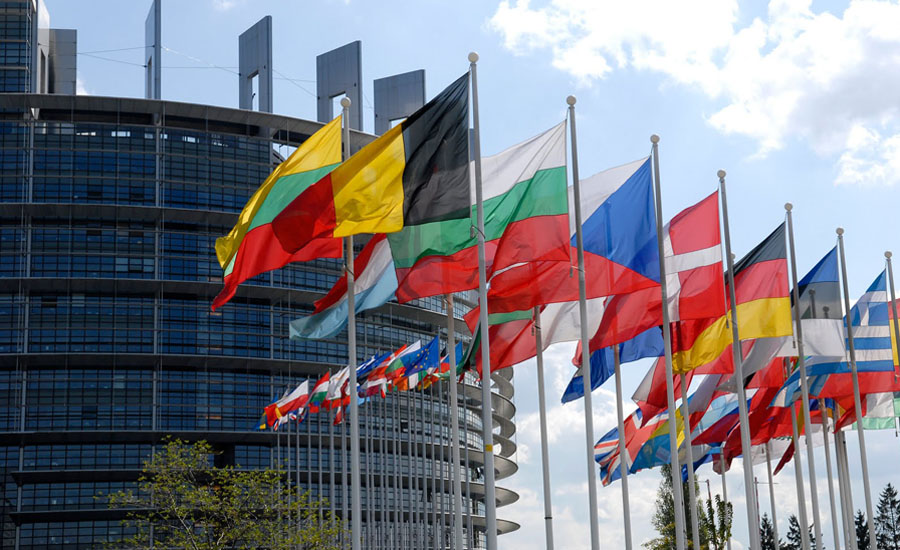Report from abroad:
Racism a problem in EU workplaces, experts say

Workers in Europe are regularly exposed to racism and xenophobia at the workplace, according to experts attending a recent trade union seminar in Brussels. They said racism does not always take the form of subtle discrimination but can also include explicit abuse.
Delegates at the seminar, which was organized by the European Trade Union Confederation and European Trade Union Institute, shared their experiences of discrimination and debated what unions can do to tackle the problem.
Minorities at risk
Illustrating the extent of the problem, one Belgian attendee described the verbal abuse she received from a co-worker at the nursing home where she worked. She was told to ‘go back her country,’ despite being Belgian. She also showed attendees the written threats and images of brutal slavery-era practices that had been sent to a colleague of hers. Other delegates spoke of the discrimination faced by many ethnic minority people in the workforce, with some recounting personal experiences of being repeatedly overlooked for jobs and promotions.
The discussions disprove the belief held by many in Europe that they live in a ‘post-racial world.’ A session entitled, ‘Racism and xenophobia at the workplace,’ examined whether there is currently a resurgence of the problem.
An extreme voice
Aaron Winter, sociologist at East London University, called attention to the rise in hate crimes in the U.K., 80% of which have been race-based. It is also undeniable that there has been increasing support for far-right parties across Europe. Winter noted that the role of the far right is often to provide an extreme voice which allows space for a more ‘moderate’ kind of xenophobia to be accepted. This has led to a normalization and mainstreaming of racist discourse in recent years.
This issue is inevitably bound up with the incendiary debate around migration in Europe. Speakers identified insecurity about employment and social protection as a major factor behind some workers’ anti-immigrant attitudes. However, many delegates stressed the importance of not conflating the two issues. Stefaan Piersman, from the Belgian union ACV-CSC, argued that this is a question of discrimination in society and the labor market. A person does not need to be an immigrant to experience this.
A "buddy system" of support
A number of trade unions have been active on this issue. Several delegates from Belgium and Germany discussed their initiatives, which included social media campaigns, counter-demonstrations against the far right, in-company projects with young employees, and trade union support in individual discrimination cases. One stand-out example was the German ‘Gelbe Hand’ initiative, founded in 1986, which created a ‘buddy system’ of support between workers. This campaign has had many success stories and receives support from across the political spectrum.
Delegates agreed that the strong connection between xenophobia and economic exploitation means that unions need to tackle the problem by building solidarity and involving workers in the labor movement. On behalf of the ETUC, Confederal Secretary Thiébaut Weber promised a follow-up strategy to better support its member organisations in this endeavour. The next ETUC event in this series was announced for January 2019.
Ethnic minority and migrant workers are at the forefront of big changes in the world of work, as they often occupy precarious jobs. These are the workers that unions need to be organising. As Wilf Sullivan, Race Equality Officer at the TUC, which has surveyed its members on the topic, pointed out, “This issue is intrinsically tied to the future of the trade union movement. If we ignore it, we do so at our peril.”
Looking for a reprint of this article?
From high-res PDFs to custom plaques, order your copy today!



